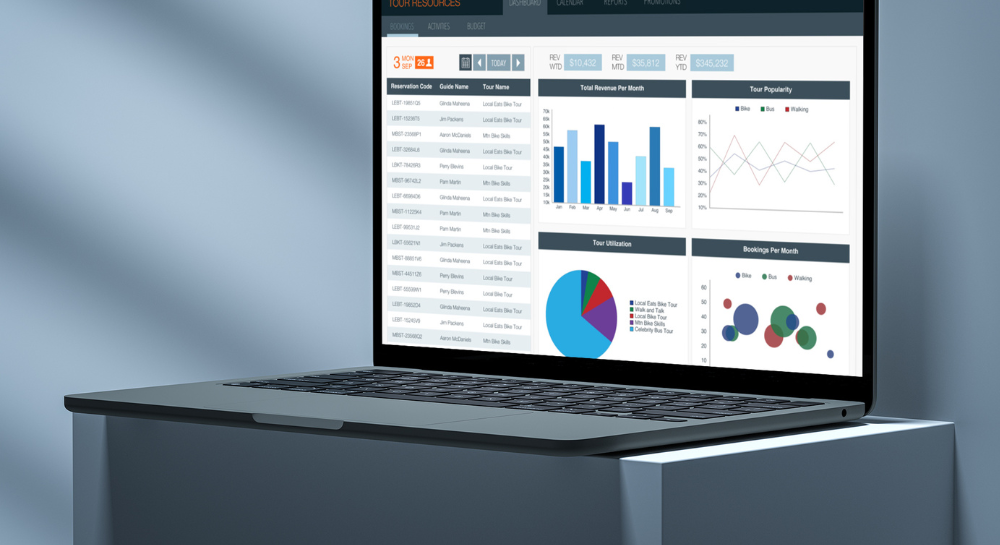In today’s fast-paced business landscape, staying competitive means embracing innovative technologies that streamline processes and boost efficiency. One such synergy gaining significant traction is the convergence of Artificial Intelligence (AI) and Low-Code Development platforms. This fusion heralds a new era of automation, enabling businesses to propel themselves forward with unprecedented speed and agility.
Intelligent Process Automation
Intelligent Process Automation (IPA) represents a paradigm shift in how businesses approach automation. By marrying AI with low-code platforms, organizations can automate not just routine tasks, but also complex processes that traditionally required human intervention. For instance, AI algorithms can analyze unstructured data sources such as emails or documents, extract relevant information, and trigger subsequent actions within low-code workflows. This not only accelerates process execution but also ensures accuracy and consistency, reducing the risk of errors inherent in manual operations.
Moreover, AI-driven automation continuously learns and adapts based on historical data and feedback, allowing for continuous optimization and refinement of business processes. This iterative approach to automation enables organizations to stay agile and responsive in the face of evolving market dynamics and customer demands. As a result, businesses can unlock new levels of operational efficiency, cost savings, and scalability, positioning themselves for sustained growth and success in a rapidly changing landscape.
Enhanced Decision-Making
In today’s data-driven world, the ability to derive actionable insights from vast volumes of information is crucial for informed decision-making. AI-powered low-code platforms offer advanced analytics capabilities that go beyond basic reporting and visualization. Through techniques such as machine learning and predictive modeling, these platforms can identify hidden patterns, correlations, and trends within complex datasets, empowering decision-makers to anticipate market shifts, identify emerging opportunities, and mitigate potential risks proactively.
Furthermore, AI-driven insights enable businesses to personalize their offerings and interactions with customers, leading to more meaningful and impactful engagements. For instance, AI algorithms can analyze customer behavior and preferences to deliver targeted marketing campaigns, product recommendations, and support services tailored to individual needs. By leveraging AI-powered analytics within low-code environments, organizations can gain a competitive edge by making data-driven decisions that drive growth, foster innovation, and enhance overall business performance.
Customization and Personalization
In an era where customer expectations are higher than ever, delivering personalized experiences has become a cornerstone of competitive differentiation. AI and low-code integration can empower businesses to create highly customized applications and interfaces that resonate with their target audience on a deeper level. By leveraging AI algorithms for natural language processing, image recognition, and predictive modeling, organizations can develop intelligent applications that adapt and respond to individual user preferences, behaviors, and contexts in real-time.
Moreover, low-code development accelerates the delivery of personalized solutions by simplifying the application development process and reducing time-to-market. With intuitive visual interfaces and pre-built components, developers can quickly prototype, iterate, and deploy custom applications tailored to specific business requirements. This agility not only enhances customer satisfaction but also enables organizations to stay ahead of evolving market trends and customer expectations. By harnessing the combined power of AI and low-code development, businesses can create immersive and engaging experiences that drive customer loyalty, foster brand advocacy, and fuel long-term growth and profitability.
As we venture further into the digital age, the synergy between AI and low-code development is set to redefine the way businesses operate. From streamlining processes and enhancing decision-making to delivering unparalleled customization, the benefits are undeniable. Embracing this convergence isn’t just a competitive advantage; it’s a necessity in today’s dynamic marketplace. By harnessing the synergy of Artificial Intelligence and low-code platforms, businesses can chart a course towards sustained success and innovation.

